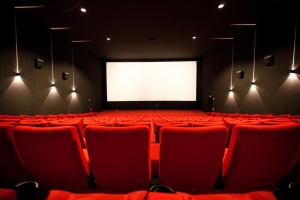October 2010: The View From CPD
Entertainment, broadly defined, deserves to be recognized as an important component of any nation’s public diplomacy. In terms of delivering a message that is a manifestation of a nation’s culture, a visiting dance troupe, rock band, or sports team is likely to connect with many more people than would a diplomat’s pronouncements.
Such efforts are good examples of the exercise of soft power. The political messages are often subtle; entertainment may be more successful at shaping a general outlook than at advancing a specific policy agenda. And, of course, some entertainment offerings can prove counterproductive if they reflect cultural insensitivity.
Entertainment diplomacy is most valuable if it is integrated into a larger public diplomacy strategy. It can help create receptivity to broader messages that advance diplomatic agendas and, perhaps more significantly, it can help shape underlying attitudes toward the nation that is the source of the entertainment.
International publics will presumably recognize than Barack Obama speaks more authoritatively about U.S. policy than Bruce Willis does. But in the process of defining a country in the eyes of the rest of the world, entertainment is an essential ingredient. This month’s analysis articles underscore the significance of this.
Tags
Issue Contents
Most Read CPD Blogs
-
January 29
-
January 20
-
January 28
-
January 2
-
January 8
Visit CPD's Online Library
Explore CPD's vast online database featuring the latest books, articles, speeches and information on international organizations dedicated to public diplomacy.









Add comment